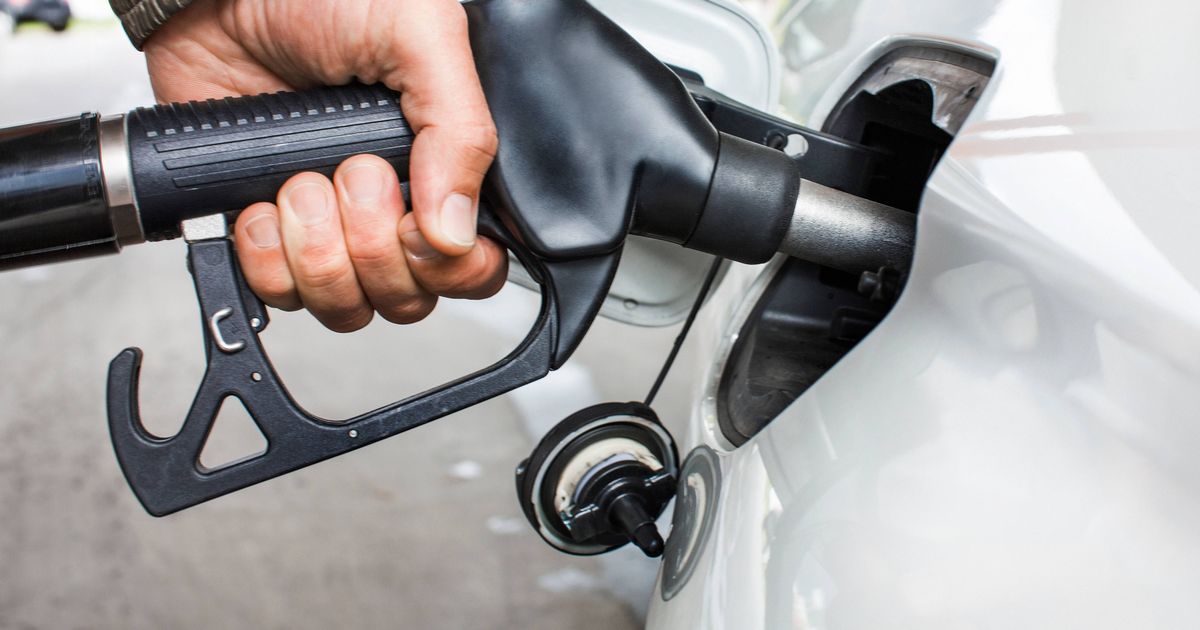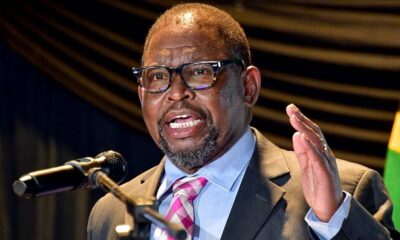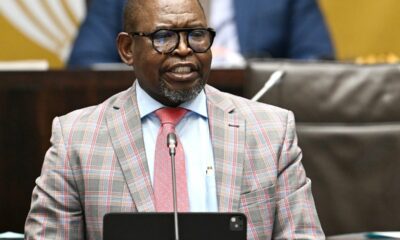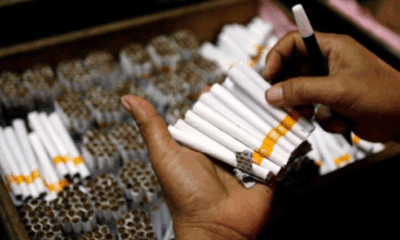Business
South Africa’s Fuel Levy Hike Sparks Industry Backlash: “Consumers Will Pay the Price”

A 16 cents per litre hike in South Africa’s fuel levy, announced by Finance Minister Enoch Godongwana during the 2025 Budget Speech, has sent ripples through the country’s automotive, transport, and logistics industries. While government aims to shore up finances amid a R75 billion budget shortfall, critics argue that the cost will fall squarely on consumers.
The Automobile Association (AA) voiced concern shortly after the announcement, saying that although it recognizes the country’s fiscal constraints, the timing of the increase couldn’t be worse. South Africans are already grappling with high inflation, steep food prices, interest rate hikes, and rising electricity costs. Now, the added burden of more expensive fuel is likely to deepen the financial squeeze—especially on low-income households.
“Fuel is central to the economy,” said the AA. “Any increase drives up transport and operating costs, fuelling inflation and hitting poorer communities the hardest.”
Transport Industry: “Consumers Will End Up Paying More”
The Road Freight Association’s (RFA) CEO, Gavin Kelly, echoed these concerns. He warned that the hike will make logistics costlier across the board, noting that nearly 85% of goods in South Africa are transported by road.
“Government is plugging holes in the budget by taxing citizens instead of cutting wasteful spending,” said Kelly. “The result? More expensive transport, higher retail prices, and greater pressure on businesses and consumers alike.”
Petroleum Retailers and Truckers Raise Red Flags
The South African Petroleum Retailers Association (SAPRA) also weighed in, calling the increase a setback for both businesses and consumers. Lebo Ramolahloane, SAPRA’s national vice chairperson, noted that the rise will largely cancel out an expected fuel price cut in June.
“Motorists were hoping for some relief at the pumps, but this levy hike will erode that benefit almost entirely,” Ramolahloane warned.
Similarly, the Truckers Association of South Africa (TASA) expressed deep concern over the potential knock-on effects for the trucking industry. According to deputy president Tonny Molise, fuel accounts for up to 40% of a trucking operator’s costs.
“For small and medium-sized truckers, this seemingly small hike could mean a 3% to 4% rise in operating costs. It adds up fast, especially when coupled with poor infrastructure and delayed client payments,” said Molise.
Calls for Dialogue and Sustainable Reform
While acknowledging the government’s need to address fiscal shortfalls, industry leaders are calling for more inclusive decision-making. Molise urged the Finance Ministry to initiate consultations with the transport and logistics sectors to develop more sustainable, long-term financial solutions.
As the country heads into the second half of the year, South Africans may see not only higher fuel costs but a ripple effect on the price of goods and services. The call for reform is growing louder—both from industry leaders and ordinary citizens—urging the government to consider alternative solutions that don’t hit the public where it hurts most: their pockets.
{Source: IOL}
Follow Joburg ETC on Facebook, Twitter , TikTok and Instagram
For more News in Johannesburg, visit joburgetc.com



























